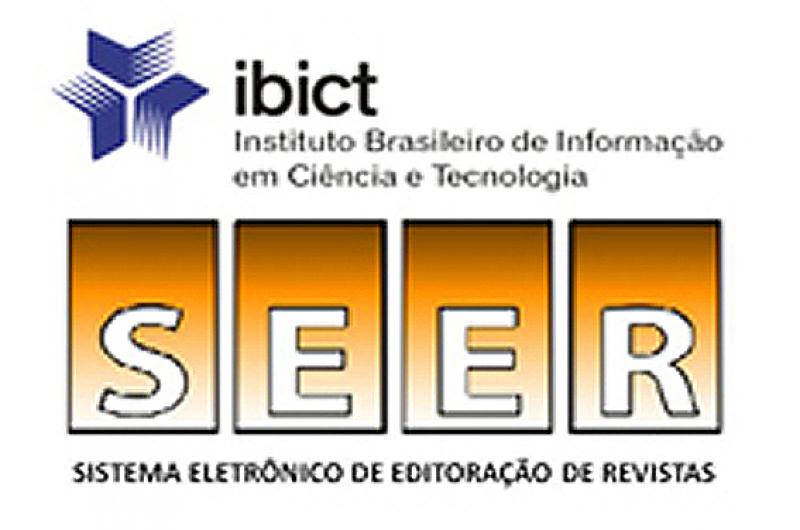Virtual gymkhana as a gamified strategy for scientific dissemination and active learning in times of pandemic.
DOI:
https://doi.org/10.31416/rsdv.v12i1.652Abstract
This study aims to investigate the application of gamification in science education through a virtual scavenger hunt as a strategy for scientific dissemination and active learning. The methodology adopted involved a literature review on active methodologies, gamification, and previously conducted virtual scavenger hunt projects. Subsequently, the scavenger hunt regulations were developed through meetings with project participants, and a website was created to host the scavenger hunt activities. The main results revealed a significant increase in student engagement. Additionally, the materials submitted by the teams demonstrated a good level of understanding of the scientific concepts addressed, indicating the effectiveness of the gamified approach in the learning process. Participants' perception of the virtual scavenger hunt was positive, highlighting the organization, clarity of the regulations, and diversity of proposed challenges. These results suggest that the virtual scavenger hunt, as a gamified strategy in science education, can be an effective approach to promote student engagement and meaningful learning. This methodology offers a viable and engaging alternative, especially in times of pandemic, allowing for the continuation of interactive and motivating science education.
References
JOHNSON, M. et al. Gamification of Virtual Science Outreach Events during the COVID-19 Pandemic. Journal of Chemical Education, v. 98, n. 9, p. 3378-3382, 2021.
MARTINEZ, R. et al. The role of gamification in science communication: A systematic review of the literature. Science Communication, v. 44, n. 6, p. 769-796, 2022.
RODRIGUES, L. A. et al. Gamificação na Educação: Uma revisão sistemática. Revista de Informática Aplicada, v. 13, n. 1, p. 42-53, 2020.
SILVA, A. B. et al. Gincana Virtual: Uma estratégia gamificada para o ensino de ciências durante a pandemia de COVID-19. Revista Brasileira de Pesquisa em Educação em Ciências, v. 21, e211036, 2021.
SMITH, J.; JONES, K. Gamification and Science Communication: A Review of the Literature. Journal of Science Communication, v. 19, n. 4, p. 1-20, 2020.
FARIAS, G. M. S., DA SILVA, E. A., & PIMENTEL, A. C. (2020). Gamificação no ensino de ciências: Revisão de literatura. REVISTA INTERAÇÕES, 21(3), 721-738.
BECKER, K., & PARKER, M. (2017). Gamification in science education: A review of the literature. Journal of Science Education and Technology, 26(2), 127-137.
LEE, J. J., & HAMMER, J. (2011). Gamification in education: What, how, why bother? Academic Exchange Quarterly, 15(2), 1-5.
RODRIGUES, F., DE CARVALHO, L., & OLIVEIRA, E. (2019). The potential of gamification in science education: A systematic review. Journal of Educational Technology & Society, 22(2), 74-88.
RUIZ, J. G., MINTZER, M. J., & LEIPZIG, R. M. (2006). The impact of E-learning in medical education. Academic Medicine, 81(3), 207-212.
Downloads
Published
How to Cite
Issue
Section
License
Copyright (c) 2024 Revista Semiárido De Visu

This work is licensed under a Creative Commons Attribution 4.0 International License.















